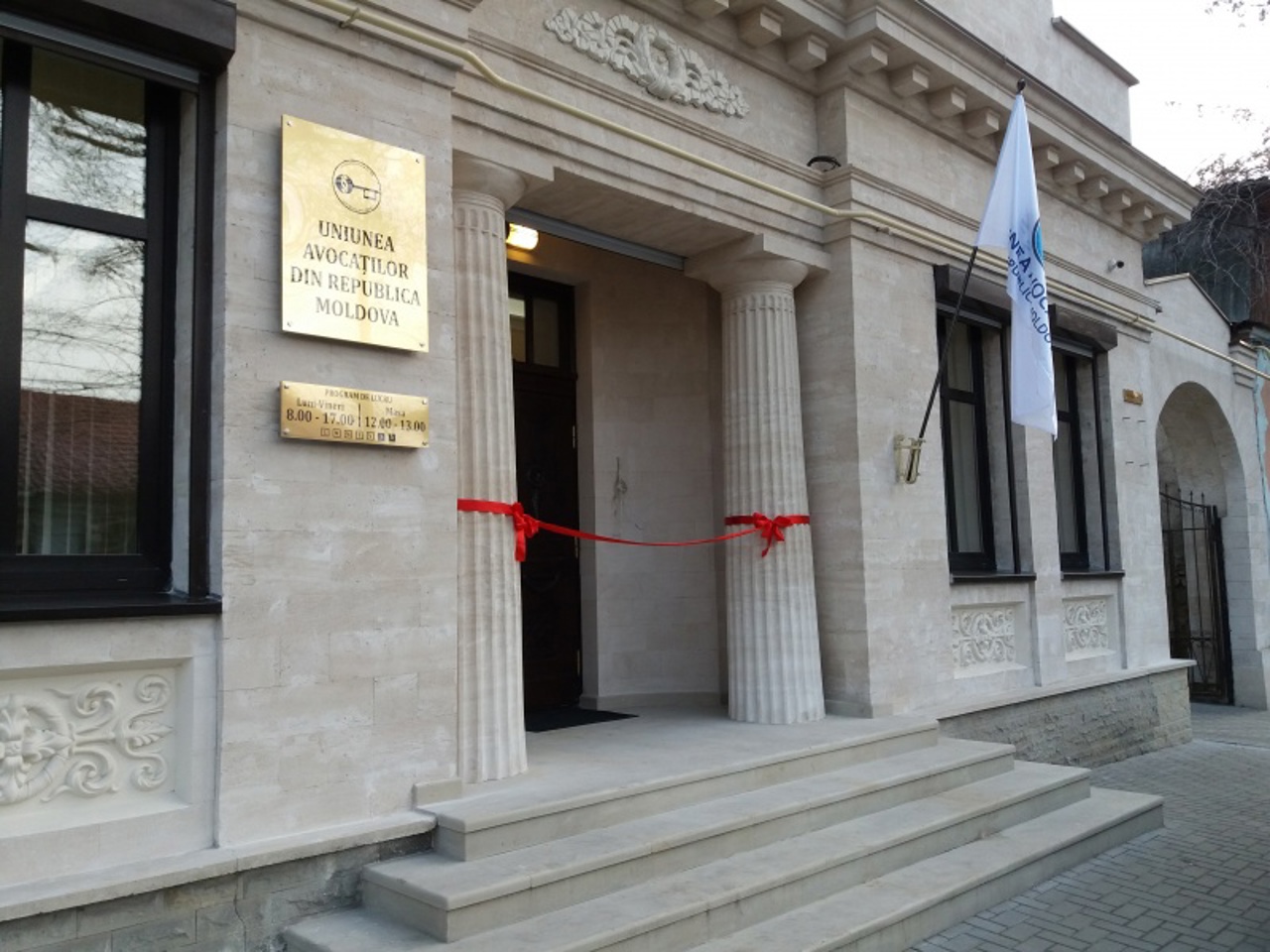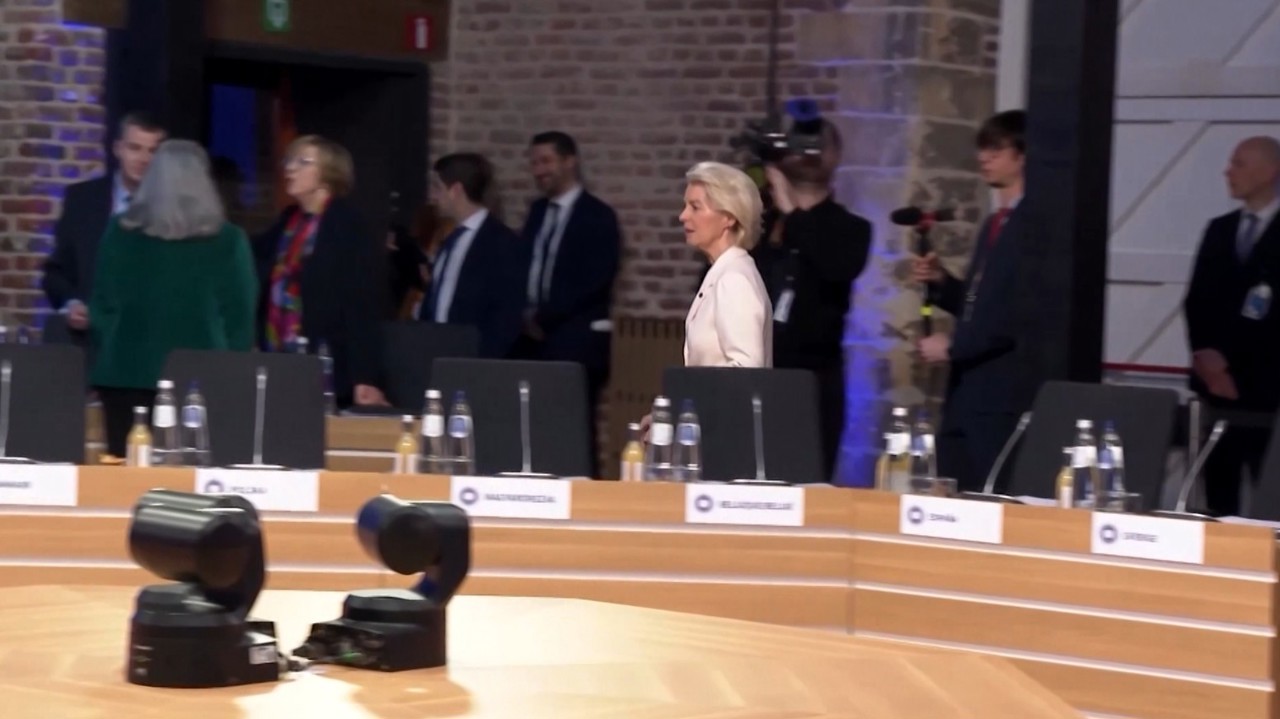Moldova to repatriate its citizens under U.S. deportation plan

The Republic of Moldova will collaborate with the United States to facilitate the repatriation of Moldovan citizens who have overstayed their legal residency in the U.S., Prime Minister Dorin Recean announced during a press conference today, April 3.
His statement comes as the Trump administration seeks to expand an informal cooperation network with multiple countries for the repatriation of deported immigrants.
“The U.S. has requested that all partner countries, including the Republic of Moldova, assist in the transportation and repatriation of their citizens who have overstayed their legal stay in the U.S. Yes, we have confirmed that the Republic of Moldova will facilitate the return of our citizens, but not of other nationalities,” the Prime Minister stated.
He also noted that the Chisinau authorities are awaiting official communication from the U.S. regarding the exact number of Moldovans subject to deportation: “There is no estimate yet.”
Teleradio-Moldova asked the Ministry of Foreign Affairs for information on the number of Moldovan citizens who have exceeded their legal stay in the United States, but no response has been provided so far.
According to The Wall Street Journal, U.S. officials are seeking alternative countries to receive deportees, particularly due to certain governments refusing or delaying the acceptance of their nationals.
The model proposed by the U.S. administration takes inspiration from a recent agreement with Panama, which accepted a plane carrying over 100 migrants, most of them from the Middle East. The Panamanian authorities subsequently detained the migrants and attempted to send them back to their countries of origin.
The Republic of Moldova is one of the countries the U.S. has approached about accepting deportees, alongside Libya, Rwanda, Benin, Eswatini, Mongolia, and Kosovo. According to American journalists, in some cases, Washington may offer financial incentives or political advantages in return.
What happens next to the migrants depends on the legislation of each host country—they may either be allowed to apply for asylum or be deported to their countries of origin.
The U.S. hopes these nations will comply with the administration’s requests, possibly in exchange for financial arrangements or the political benefit of assisting President Trump in achieving one of his key domestic priorities.
The Trump administration aims to secure long-term agreements with certain Latin American countries, designating them as safe zones where migrants can apply for asylum instead of seeking refuge in the U.S.
U.S. officials are close to finalizing such an agreement with Honduras and are negotiating with Costa Rica, according to a person familiar with the matter. None of the embassies of these countries immediately responded to The Wall Street Journal’s requests for comment.
Translation by Iurie Tataru






